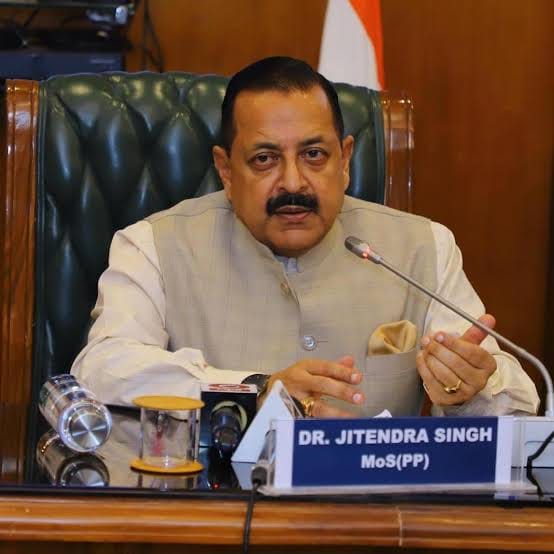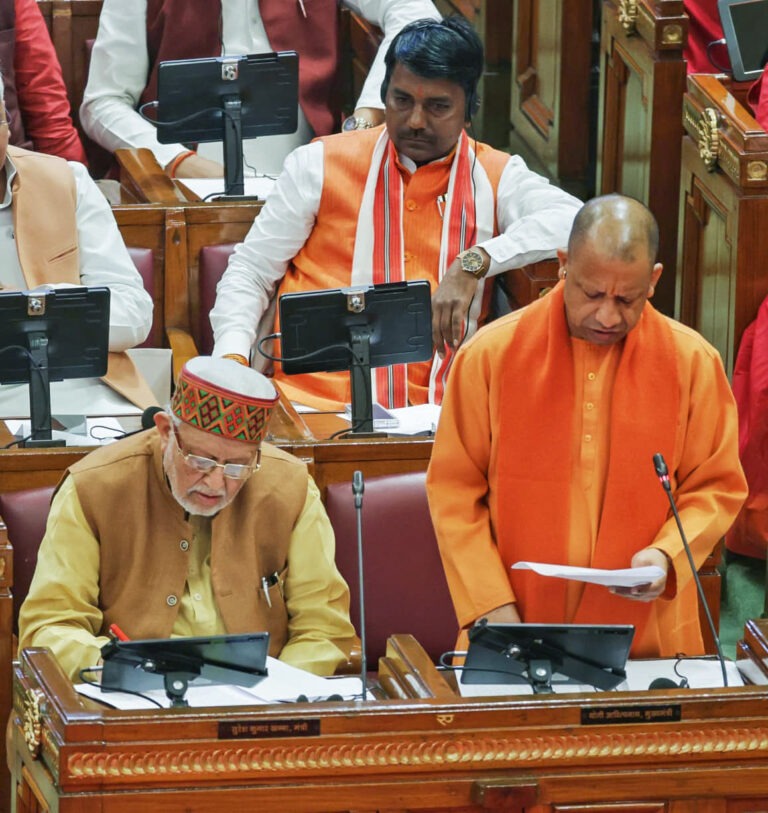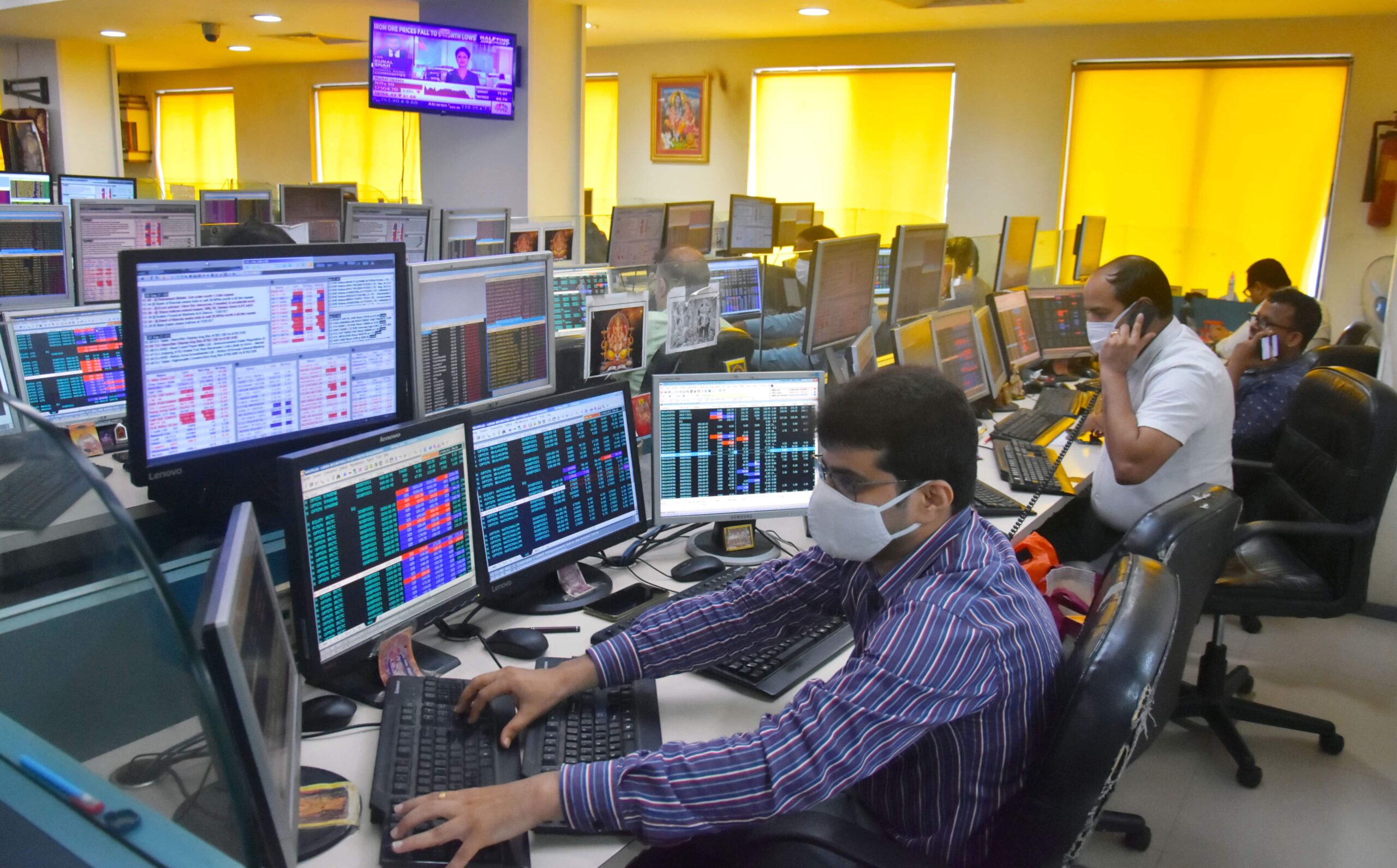
Dr Jitendra Singh reveals the Special Swachhata Campaign generated over ₹4,085 crore from scrap disposal and freed 231.75 lakh sq ft of space across Central Government offices since 2021.
New Delhi. Union Minister of State (Independent Charge) Dr Jitendra Singh has revealed that Central Government offices generated a massive revenue exceeding ₹4,085 crore through five annual, dedicated Swachhata campaigns since 2021. The Special Swachhata Campaign successfully achieved this revenue by systematically disposing of scrap, including electronic waste, from different Central Government offices across the country.
The campaigns also delivered a significant structural benefit: they unlocked 231.75 lakh square feet of previously choked and unusable office space. The latest iteration, Special Campaign 5.0, concluded this year, adding a substantial ₹788.53 crore to the cumulative total. Dr Singh emphasised the impressive scale of the project, noting that the revenue could easily finance a major space mission. Correspondingly, the vast cleared space provides room for extensive new productive or economic activity, fundamentally improving administrative efficiency and resource allocation across departments.
Expanding Office Space and Campaign Origins
Dr Singh highlighted the campaign’s origins in Prime Minister Narendra Modi’s initial call for cleanliness from the Red Fort, which quickly transformed into a nationwide mass movement. Initially, the government focused on basic sanitation infrastructure before expanding its scope to clear redundant office junk, files, and broken furniture. This early success laid the critical groundwork for the structured annual special campaigns, which the government formalised to run from October 2nd to 31st each year, starting in 2021.
Special Swachhata Campaign: Driving the ‘Waste to Wealth’ Economy
The Minister noted that the Ministry of Science & Technology concurrently drives the nation’s “Waste to Wealth” movement, utilising scientific innovation to enhance sustainability. CSIR-NIIST Thiruvananthapuram, for instance, developed a cutting-edge technology for hospital waste recycling; AIIMS New Delhi now successfully deploys this system, setting a national benchmark for healthcare facility waste management. Separately, CSIR-IIP Dehradun actively recycles used cooking oil, minimising health and environmental hazards. Furthermore, CSIR-CRRI New Delhi created a technique that uses industrial steel sludge for constructing durable roads, thus converting a liability into essential infrastructure material. These continuous, multi-sectoral efforts demonstrate the government’s sustained commitment to cleaner, more productive workspaces and circular economy practices.





